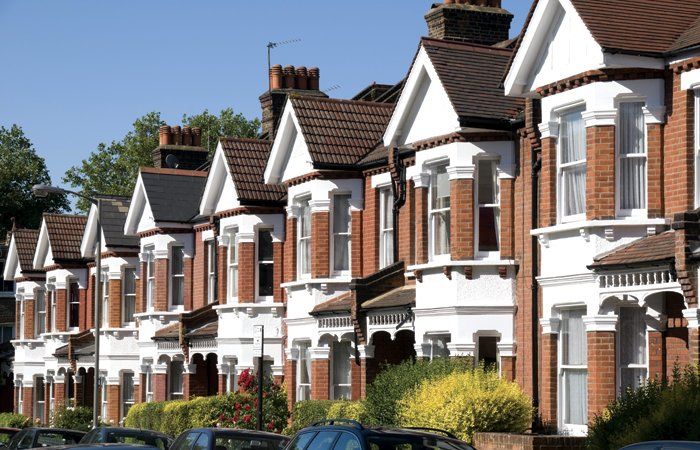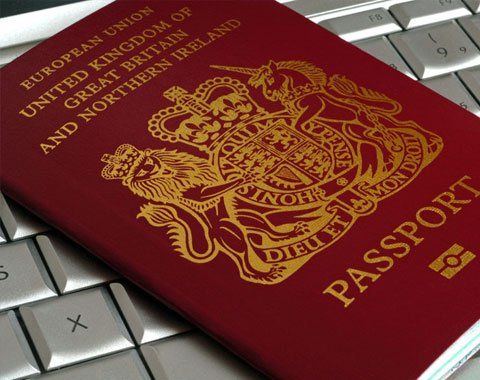When Can You Apply for Indefinite Leave to Remain in the UK?
Share this:
What is Indefinite Leave to Remain?
Indefinite Leave to Remain (ILR) grants you the right to live in the UK without any immigration restrictions. It is typically acquired after 5 years of continuous residence in the UK on a valid visa. The table below shows the most common visa categories and the length of time required to qualify for ILR:
| Visa Category | Qualifying Period |
|---|---|
| Spouse Visa | 5 Years |
| Unmarried Partner | 5 Years |
| Tier 2 Visa (Limited to specific types) | 5 Years |
| Tier 1 Investor Visa | 2 - 5 Years* |
| Tier 1 Innovator Visa | 3 Years |
| Tier 1 (Exceptional Talent) | 3 - 5 Years* |
| UK Ancestry Visa | 5 Years |
* The qualifying period for ILR is subject to meeting certain criteria under that visa category
What is the difference between ILR and Permanent Residence?
Indefinite Leave to Remain is also commonly referred to Permanent Residence and vice versa as they are essentially the same thing. Previously EU Nationals and their non-EU family members/dependants would acquire Permanent Residence after 5 years of continuous residence in the UK. Now all EU Nationals, even those who have lived in the UK for over 5 years, must apply to the EU Settlement Scheme to register for 'settled status' which is effectively Indefinite Leave to Remain.
If you are a Non-EU National that has met the qualifying period of continuous residence under your respective Visa category, you must apply for ILR using the correct form e.g. an applicant who has qualified under the spouse visa would apply via ILR Set (M) . - All applications are now done online.
What are the other ways you can obtain ILR?
Some of the other ways, you can qualify for ILR are:
The 10 Year Family Member Route
In some cases, an applicant will be granted a 10 year route for their respective family member visa (spouse/partner, parent or child). This simply means that instead of the standard 5 years required to qualify for ILR under the same visa category, you will need to spend 10 years to qualify for ILR.
This usually occurs where the applicant (or sponsor) does not currently meet one or more requirements e.g. the financial requirement for the visa at the time of making their application but the UKVI has made an exception to grant the applicant leave to enter/remain due to exceptional circumstances.
Note that if you are on the 10 year route, if your circumstances change and you are now able to meet all of the requirements for the same or a different visa category, you are allowed to apply and switch to the 5 year route of that visa (and immediately i.e. you do not have to wait for your current visa to expire).
10 Years Long Residency
Where an applicant has not met the relevant qualifying period under the same visa category, they can still qualify for ILR if they have had at least 10 years of continuous lawful residence in the UK. This means that during the 10 years (or more) that they have been in the UK, they have always had valid leave to remain in the UK. This would usually apply to individuals who have switched between different visa categories during their stay in the UK.
For Example:
Anna originally came to the UK on a Tier 4 visa to study a degree in the UK and she held the visa for a total period of 3 years. After graduating she then switched to a Tier 1 Graduate visa which she had for a further 3 years. She then got married to a British citizen and switched to a Spouse Visa on the 10 year route (the 10yr route has been covered earlier above).
ILR Rule on Absences and Breaks in Continuous Residence
It is important to note that the 'qualifying period' for ILR includes a continuous residence requirement where applicants must not exceed an acceptable level of absences from the UK.
Earlier we covered how one can obtain ILR via '10 years of long residency' in the UK. What must be emphasised with such applications, is the requirement to be lawfully resident in the UK throughout the 10 year qualifying period. This means that during the 10 years, you have always had valid leave to enter/remain i.e. you did not overstay at any time between extending or switching your visas, or violate any of the other conditions of your leave in the UK.
Also important to note, is that once you have obtained ILR, if you are absent from the UK for a continuous period exceeding 2 years, your ILR will lapse. There are exceptions to this which will be covered in another article, and this rule also does not apply to those with Settled status under the EU Settlement scheme).
Is ILR the same as having British Citizenship?
If you have indefinite Leave to Remain (including
Settled Status if you are an EU Nationals or Non-EU family member), you cannot apply for a British Passport. You would need to
naturalise as a British Citizen first, which is a separate application.
It is however a requirement to have ILR first in order to apply for naturalisation, and In most cases, you must wait at least 12 months before you can apply. - If you have settled status under the EU settlement scheme, or you qualified for ILR as a spouse of a British citizen, you can apply for naturalisation immediately.
Share this:
While every effort has been made to ensure that the information and law contained in this article is accurate and current as of the date of publication, we accept no responsibility for its accuracy or for any loss or damages arising from accessing, or the reliance, of this guidance.
Please also note that the information does not represent a complete statement of the Law and does not constitute legal advice.
If you would like specific professional advice about your UK immigration matter, please consider booking a consultation or one of my other legal services.
Making a UK Visa or Settlement application can be a stressful experience, and whilst there is a lot of ‘free’ information online, finding clear expert guidance that is up to date, and in line with your specific requirements can be a daunting task.
If you have any concerns about your case, it is recommended to reach out for advice from a trusted legal professional.







